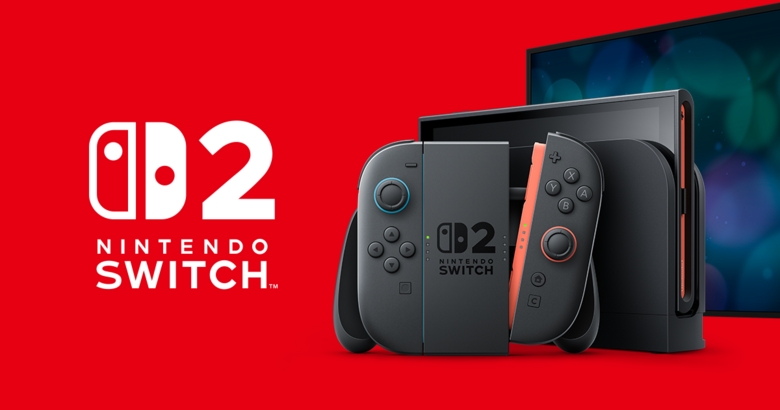These days, launches of new gaming hardware are typically associated with long lines, headaches, and disappointment. Between limited quantities of products available, and bots and scalpers online, the process of trying to acquire that new console is often less than fun.
For the launch of the Switch 2, Nintendo took some creative measures to try to get their new system into the hands of as many people who wanted one as possible. In both Japan and the US, they offered direct pre-orders of the system to people who applied for a spot online, but the exact methodology differed in both places. While both required applicants to have Nintendo accounts, US customers were awarded spots on a first-come first-serve basis, while a random lottery system was used in Japan.
A new study was released this month that was conducted by The University of Osaka’s Research Center on Ethical, Legal and Social Issues, along with Japanese e-commerce company Mercari. The study specifically examines the two different pre-order processes utilized by Nintendo. It offers a few possible reasons that led to those processes, one being that they were chosen to match their respective locations’ ideas about fairness. In Japan, lotteries are commonly used when selling tickets for big events. There appears to be a perception that these lotteries are run fairly, and they have been generally accepted by the Japanese public. In America meanwhile, lotteries are much less common, and customers here are more accustomed to being rewarded for showing up early, or being quicker than everyone else when they want to buy something.
There was already some backlash to the American Switch 2 pre-order system, so it’s probably safe to assume that there would’ve been more negativity if a random lottery system were implemented here as well. That said, Nintendo did not take part in, nor respond to, the results of this study, so we can’t say for sure what their intentions really were.
The full study is written in Japanese, however you can click here to read through the entire published work online.
